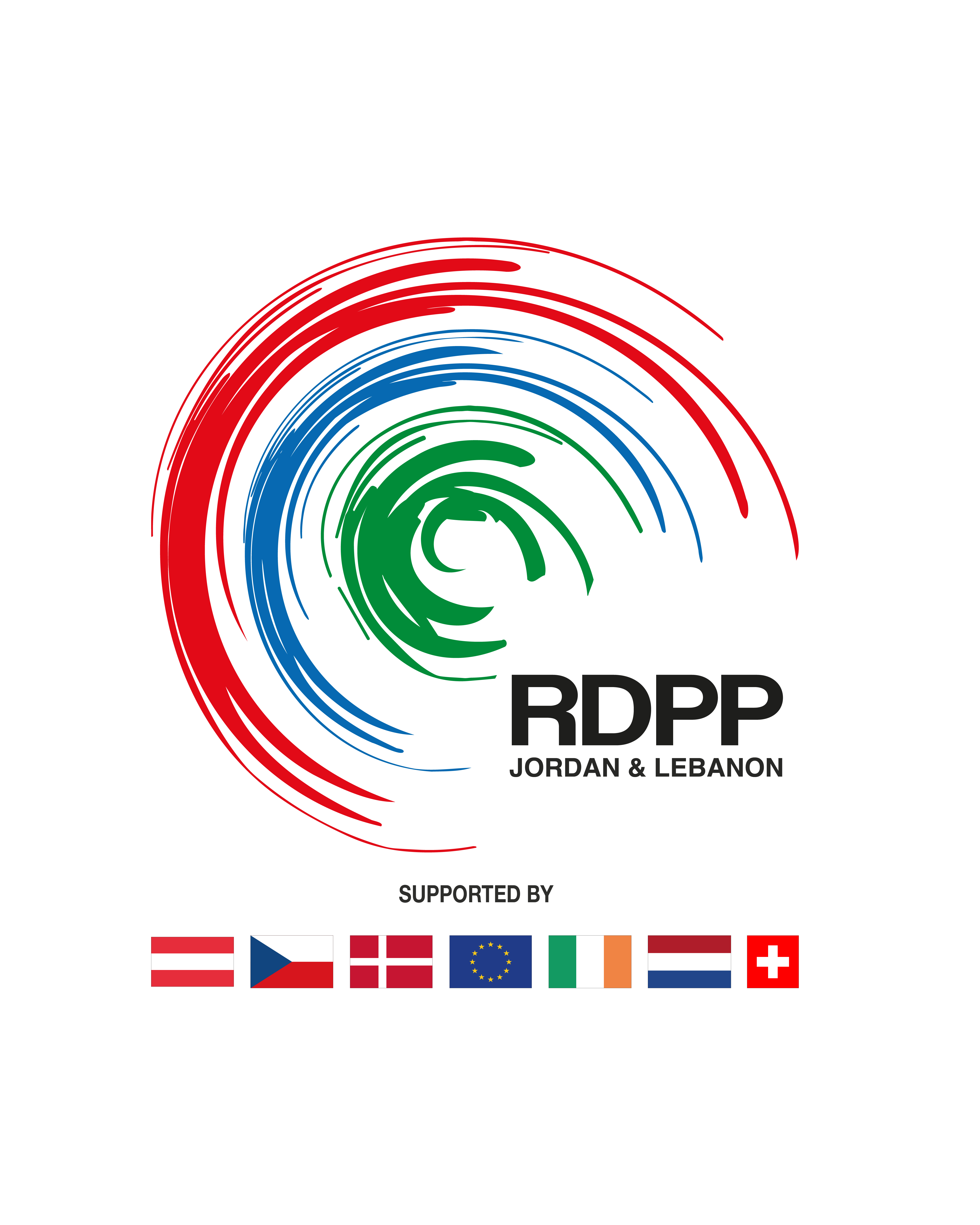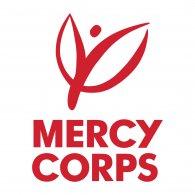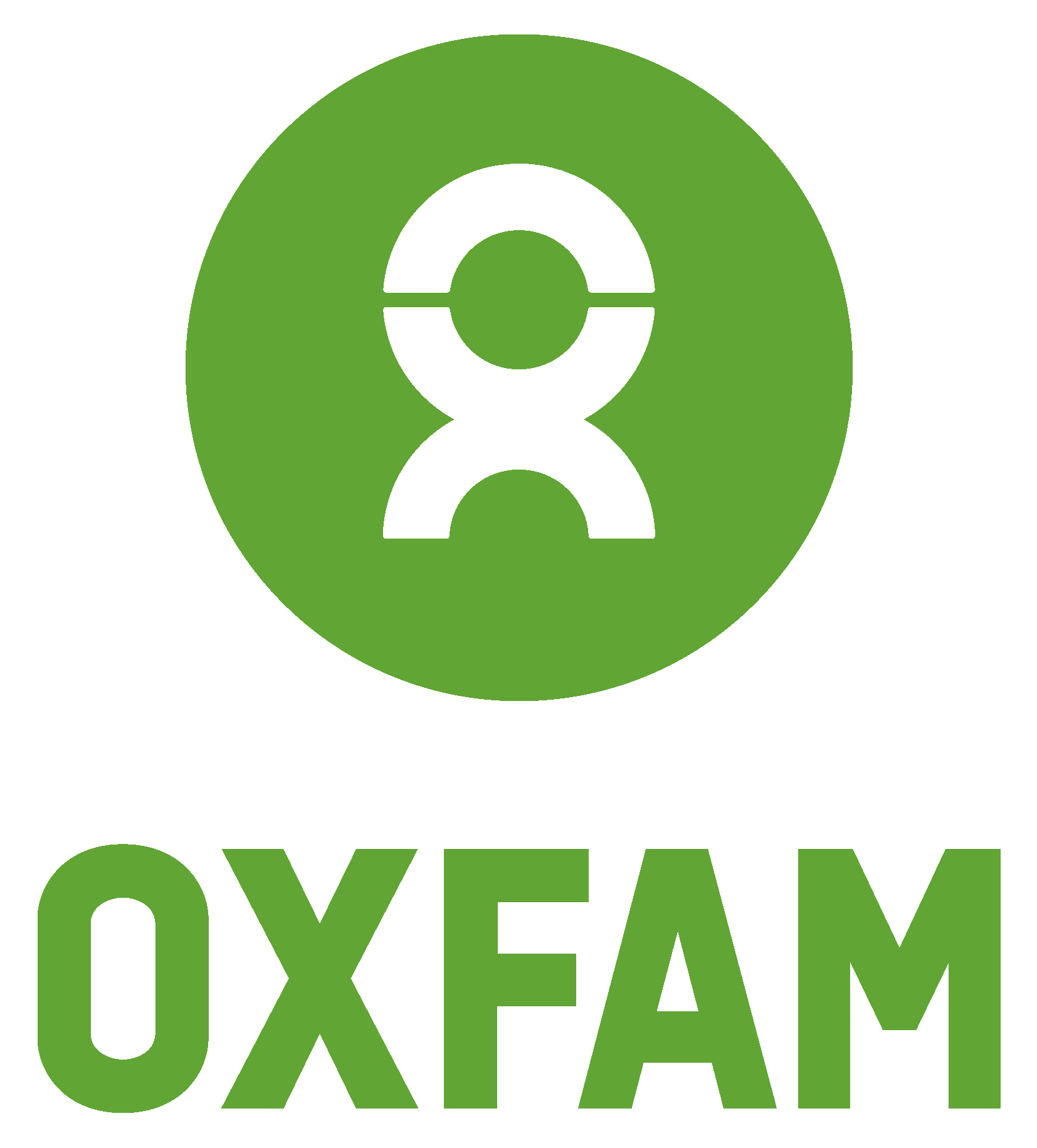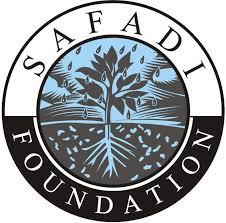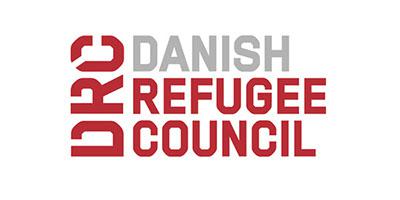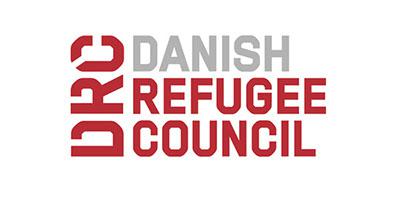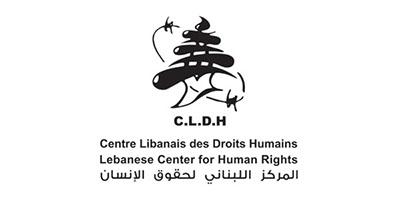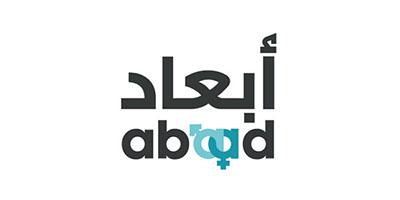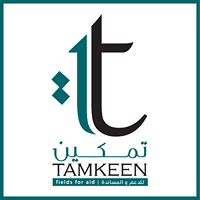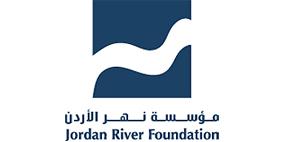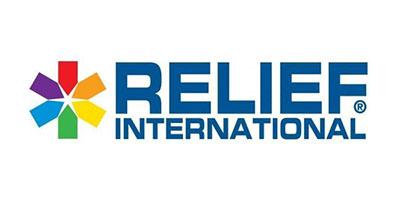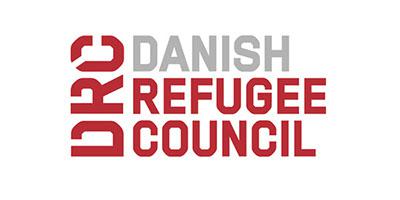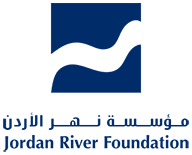30 Years Old Dream Came True
Throughout 30 years, Fatima and Samar followed the trend and were tailors at their homes, but they wanted to be extraordinary and have a shop on their own with customers coming from all areas in North Lebanon to fix and buy clothes. They knew that although they had been in the business for so long, there were new techniques that they needed to learn to enter a larger market, and new machines they had to have to keep up with a larger demand.
Lebanon
Digitalized Freelancing: Where the Sky has No Limits
In an era where technology is sweeping, digital working models open new opportunities, especially for young labour force as they provide new revenues, more flexible working hours, and reduce dependency on local economies. Where online, remote work may have been a prerogative for a relatively low proportion of labour force, the COVID-19 outbreak has made it a new normal. Despite its massive negative global economic impact, the pandemic has also contributed to catalysation of digital transformation and opened the doors wider for the expansion and creation of new digital jobs.
Iraq
Growing Business Despite the Economic crisis
Chtaura - Zahle highway has always been considered the “stop” for visitors coming to the Bekaa either to have a taste of the good food or to buy the best homemade cheese and honey for the house. However, the impact of the economic crisis in Lebanon can be quickly realized by only counting the number of shops, stores, restaurants closing their doors during the past two years. Yet, despite the economic crisis in Lebanon, many small and medium businesses (MSMEs) are empowered to overcome the challenges forced by the changing the market and are still able to sustain through transforming their marketing plans to adapt with new realities and demands.
Lebanon
Suzanne Challenges Gender Stereotypes in Tripoli, North Lebanon
“I love these photos because I can see that my boxing technique is right”, 20-year-old Suzanne says as she carefully swipes through some of her photos during training while pointing at her hand and foot placements. Suzanne is the only girl among twenty-two students, who enrolled in the security-guard course at Safadi Foundation’s training centre ‘SAVOTEC’. Being from a traditional household in Tripoli -Lebanon, Suzanne was struggling to convince her mother and four brothers of her decision to seek a career in security and defence, especially as they have been very protective of her since her father passed away six years ago.
Lebanon
Exchanging More Than Knowledge
Al-Zeina, Maha, Islam and Hanadi are four ladies who have met through UNDP’s Skills Exchange project in Al-Mafraq governorate which is funded by the European Regional Development and Protection Programme (RDPP) and soon became close friends. Their friendship; fuelled by knowledge-sharing and personal interactions has paved the way for a promising business partnership between them.
Jordan
Astera Sits Behind A Sewing Machine At Her Business, Sima, Where She Tailors And Embroiders Clothing.
Astera, 32, and her family fled fighting in Aleppo in April 2013and sought refuge in the Kurdistan Region of Iraq. “We were forced to leave because of military operations and we came to Erbil seeking refuge,” she said. Astera added that life was good in Syria before the war as she, her father, and brothers all had good jobs that provided for the family.
Iraq
Cash Intervention Provides Livelihood Opportunities And School Rehabilitation
My school has never looked this good,” said Karwan, the young headmaster of the Hema School in Iraqi Kurdistan’s northernmost province of Duhok. “In the past, we used to flee to Duhok every time there was an attack from Mosul on the Kurds here,” explained Karwan, who grew up going to the Hema School.
Iraq
Legal Assistance To Vulnerable Persons In The Context Of The War In Syria
The programme titled « Legal assistance to vulnerable persons in the context of the war in Syria” is funded by the European Regional Development and Protection Programme (RDPP) for Lebanon, Jordan and Iraq, which is supported by Czech Republic, Denmark, European Commission (DEVCO), Ireland, Netherlands, Norway, Switzerland, and United Kingdom..
Lebanon
VOICE & Accountability For Syrian Women & Men Project (2015)
Breaking the wall of silence, prejudices, and fear among refugee communities in Lebanon cannot be achieved without tackling comprehensively their root-causes. The more the war in Syria is lasting, the more it becomes urgent to increase and enhance the existing structures that strengthen social cohesion in the country.
Lebanon
Supporting Leaders
"The RDPP confidence in our ability to identify and improve our gaps has given us the necessary space to do what needed to be done, without being micromanaged but instead with the exact support and guidance we needed. Our organisational growth and capacity development is our mission and goal, and we will continue to invest in this area beyond the RDPP partnership to be able to provide best services possible to our various beneficiary groups".
Jordan
One Opportunity Can be Enough
“We’re all beneficiaries in this project; yes, Aida is the one who attended the vocational training with the local organisation Zain Al Sharaf, but still, the benefit is for all of us”, says Mariam
Jordan
Full Gear Will
RDPP II Partners Implement Powerful Initiatives for the 16 Days of Activism against GBV
Within the ‘16 Days of Activism Against Gender-Based Violence’, RDPP protection and advocacy partners in Lebanon, Iraq and Jordan have implemented a series of powerful advocacy initiatives.
Regional
Syrian Refugees Opportunities Towards Resilience. Business Coaching Teaching About “Market Strategy, Self-Confidence And Life
With Relief International and RDPP, Abdul Rahman, a Syrian refugee in Kurdistan, Iraq, looks to learn new business skills in order to join the workforce and open a dairy shop. Relief International (RI) through the RDPP funded Syrian Refugees' Opportunities towards Resilience (SROR) program aims to increase socio-economic resilience of Syrian refugees, IDPs...
Iraq
Bader (Right) Smiles With A Friend At A Job Site Where He His Business Has Been Contracted.
Bader, 42, is a successful business-owner who, like Astera, fled northern Syria with his family in October 2011. “We came to Erbil seeking refuge but had nothing, and so I started with any work that was available,” he said. Bader lost a stable job a year ago and wondered how he would provide for his family, which includes two sick daughters.
Iraq
Meet Um Samer - Mother of five flees Syria, seeks refuge in Al Mafraq Jordan
“We grabbed what cash and gold we had in the house and just left”, Um Samer, mother of five and village seamstress, recalls the day she and her family fled Syria to Jordan in 2012. “It was supposed to be for a couple of weeks, or a couple of months tops. We thought that we will be returning home in no time; next thing you know it’s seven years later and our lives are changed forever”.
Jordan
Creating Job Opportunities For Young Adults In Kurdistan
Action Against Hunger / Action Contre la Faim and the European Regional Development and Protection Programme for the Middle East (RDPP), within the project “Creating Job Opportunities for Young Adults in Kurdistan”, organized the Graduation Ceremony of trainees and apprentices in the city of Zakho, Dohuk Governorate in Iraq, on Wednesday 27th of June.
Iraq
Youth Of Mount Lebanon Start Up New Businesses
“Our idea project ‘Hummus Cups’ has the potential to go global. Our group is aiming high and the Youth Entrepreneurs’ project has offered great support. Now that we won the competition, we will buy the needed equipment and hire the essential staff in order to launch our business,” said 29-year-old Samer Sfeir
Lebanon
30 Years Old Dream Came True
Throughout 30 years, Fatima and Samar followed the trend and were tailors at their homes, but they wanted to be extraordinary and have a shop on their own with customers coming from all areas in North Lebanon to fix and buy clothes. They knew that although they had been in the business for so long, there were new techniques that they needed to learn to enter a larger market, and new machines they had to have to keep up with a larger demand.
r
Lebanon
Suzanne Challenges Gender Stereotypes in Tripoli, North Lebanon
“I love these photos because I can see that my boxing technique is right”, 20-year-old Suzanne says as she carefully swipes through some of her photos during training while pointing at her hand and foot placements. Suzanne is the only girl among twenty-two students, who enrolled in the security-guard course at Safadi Foundation’s training centre ‘SAVOTEC’. Being from a traditional household in Tripoli -Lebanon, Suzanne was struggling to convince her mother and four brothers of her decision to seek a career in security and defence, especially as they have been very protective of her since her father passed away six years ago.
r
Lebanon
VOICE & Accountability For Syrian Women & Men Project (2015)
Breaking the wall of silence, prejudices, and fear among refugee communities in Lebanon cannot be achieved without tackling comprehensively their root-causes. The more the war in Syria is lasting, the more it becomes urgent to increase and enhance the existing structures that strengthen social cohesion in the country.
r
Lebanon
Growing Business Despite the Economic crisis
Chtaura - Zahle highway has always been considered the “stop” for visitors coming to the Bekaa either to have a taste of the good food or to buy the best homemade cheese and honey for the house. However, the impact of the economic crisis in Lebanon can be quickly realized by only counting the number of shops, stores, restaurants closing their doors during the past two years. Yet, despite the economic crisis in Lebanon, many small and medium businesses (MSMEs) are empowered to overcome the challenges forced by the changing the market and are still able to sustain through transforming their marketing plans to adapt with new realities and demands.
Lebanon
Legal Assistance To Vulnerable Persons In The Context Of The War In Syria
The programme titled « Legal assistance to vulnerable persons in the context of the war in Syria” is funded by the European Regional Development and Protection Programme (RDPP) for Lebanon, Jordan and Iraq, which is supported by Czech Republic, Denmark, European Commission (DEVCO), Ireland, Netherlands, Norway, Switzerland, and United Kingdom..
Lebanon
Youth Of Mount Lebanon Start Up New Businesses
“Our idea project ‘Hummus Cups’ has the potential to go global. Our group is aiming high and the Youth Entrepreneurs’ project has offered great support. Now that we won the competition, we will buy the needed equipment and hire the essential staff in order to launch our business,” said 29-year-old Samer Sfeir
Lebanon
Supporting Leaders
"The RDPP confidence in our ability to identify and improve our gaps has given us the necessary space to do what needed to be done, without being micromanaged but instead with the exact support and guidance we needed. Our organisational growth and capacity development is our mission and goal, and we will continue to invest in this area beyond the RDPP partnership to be able to provide best services possible to our various beneficiary groups".
Jordan
Full Gear Will
Meet Um Samer - Mother of five flees Syria, seeks refuge in Al Mafraq Jordan
“We grabbed what cash and gold we had in the house and just left”, Um Samer, mother of five and village seamstress, recalls the day she and her family fled Syria to Jordan in 2012. “It was supposed to be for a couple of weeks, or a couple of months tops. We thought that we will be returning home in no time; next thing you know it’s seven years later and our lives are changed forever”.
Jordan
One Opportunity Can be Enough
“We’re all beneficiaries in this project; yes, Aida is the one who attended the vocational training with the local organisation Zain Al Sharaf, but still, the benefit is for all of us”, says Mariam
Jordan
Exchanging More Than Knowledge
Al-Zeina, Maha, Islam and Hanadi are four ladies who have met through UNDP’s Skills Exchange project in Al-Mafraq governorate which is funded by the European Regional Development and Protection Programme (RDPP) and soon became close friends. Their friendship; fuelled by knowledge-sharing and personal interactions has paved the way for a promising business partnership between them.
Jordan
Digitalized Freelancing: Where the Sky has No Limits
In an era where technology is sweeping, digital working models open new opportunities, especially for young labour force as they provide new revenues, more flexible working hours, and reduce dependency on local economies. Where online, remote work may have been a prerogative for a relatively low proportion of labour force, the COVID-19 outbreak has made it a new normal. Despite its massive negative global economic impact, the pandemic has also contributed to catalysation of digital transformation and opened the doors wider for the expansion and creation of new digital jobs.
Iraq
Astera Sits Behind A Sewing Machine At Her Business, Sima, Where She Tailors And Embroiders Clothing.
Astera, 32, and her family fled fighting in Aleppo in April 2013and sought refuge in the Kurdistan Region of Iraq. “We were forced to leave because of military operations and we came to Erbil seeking refuge,” she said. Astera added that life was good in Syria before the war as she, her father, and brothers all had good jobs that provided for the family.
Iraq
Cash Intervention Provides Livelihood Opportunities And School Rehabilitation
My school has never looked this good,” said Karwan, the young headmaster of the Hema School in Iraqi Kurdistan’s northernmost province of Duhok. “In the past, we used to flee to Duhok every time there was an attack from Mosul on the Kurds here,” explained Karwan, who grew up going to the Hema School.
Iraq
Syrian Refugees Opportunities Towards Resilience. Business Coaching Teaching About “Market Strategy, Self-Confidence And Life
With Relief International and RDPP, Abdul Rahman, a Syrian refugee in Kurdistan, Iraq, looks to learn new business skills in order to join the workforce and open a dairy shop. Relief International (RI) through the RDPP funded Syrian Refugees' Opportunities towards Resilience (SROR) program aims to increase socio-economic resilience of Syrian refugees, IDPs...
Iraq
Bader (Right) Smiles With A Friend At A Job Site Where He His Business Has Been Contracted.
Bader, 42, is a successful business-owner who, like Astera, fled northern Syria with his family in October 2011. “We came to Erbil seeking refuge but had nothing, and so I started with any work that was available,” he said. Bader lost a stable job a year ago and wondered how he would provide for his family, which includes two sick daughters.
Iraq
Creating Job Opportunities For Young Adults In Kurdistan
Action Against Hunger / Action Contre la Faim and the European Regional Development and Protection Programme for the Middle East (RDPP), within the project “Creating Job Opportunities for Young Adults in Kurdistan”, organized the Graduation Ceremony of trainees and apprentices in the city of Zakho, Dohuk Governorate in Iraq, on Wednesday 27th of June.
Iraq
RDPP II Partners Implement Powerful Initiatives for the 16 Days of Activism against GBV
Within the ‘16 Days of Activism Against Gender-Based Violence’, RDPP protection and advocacy partners in Lebanon, Iraq and Jordan have implemented a series of powerful advocacy initiatives.
Regional
